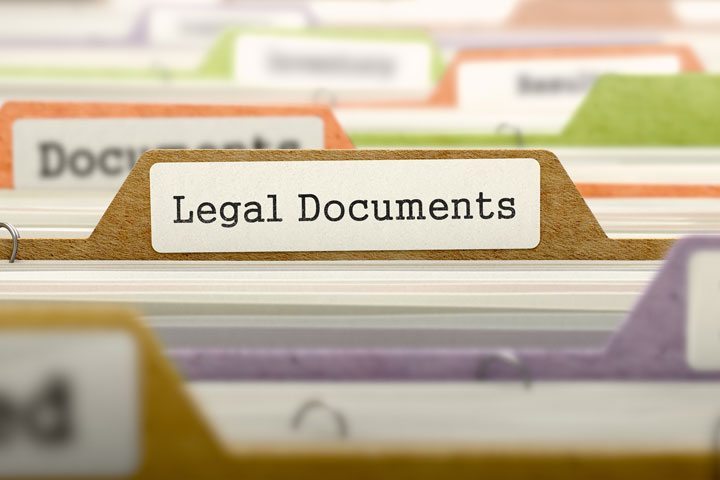Planning for the future can be exciting. Planning for death can be grim. Yet death lies in every person’s future. Planning for death is part of planning for the future.
Like planning for retirement, planning for death should begin at an early age. None of us can predict the day on which our life will end.
At the same time, circumstances change as we grow older. A will made at the age of 30 may not reflect the best choices for someone who has reached the age of 60.
Early in life, in the absence of children or substantial assets, a simple will and an advance directive might be all that is needed. As assets accumulate and children are born, most people will want to create a more complex estate plan. Those documents should be periodically reviewed and updated to adjust for changing circumstances.
The Role of Executors
Estate plans often include mechanisms to transfer property outside of probate. Assuring that a deed to property will automatically transfer ownership to a surviving spouse when a co-owner dies is a simple example of probate avoidance.
Whether or not a formal probate is necessary, decisions need to be made about the distribution of assets that are not transferred automatically. Wills spell out instructions for making those decisions, but someone needs to implement them. Depending on the term used in a particular state, that person is known as an executor or a personal representative.
Executors administer the estate of people who die. In simple terms, an “estate” is the property that someone owns at the time of death. Executors are responsible for distributing that property by following the instructions in the will.
Executors also file the will with a probate court, decide whether probate is necessary, and pay the deceased’s outstanding debts and taxes from the estate proceeds. Executors generally work with an attorney to assure that all laws are followed and that the estate is administered in the manner directed by the will.
Choosing an Executor
Sometimes the choice of an executor is easy. A married person might want his or her spouse to the executor. Since married couples sometimes suffer accidental deaths at the same time, however, it is wise to appoint a backup who will serve if the primary choice can’t.
When estates are large or families are in conflict, the choice of an executor becomes more difficult. Trust executive Stacy Singer offers these tips for making the right choice:
- Give the question some thought. Don’t make the knee-jerk choice of “the oldest child” if the oldest child isn’t the right person for the job. Instead, think about who has the ability to bring family members together and to achieve consensus about decisions that might divide siblings.
- Consider how much time an executor will need. Even after hiring a probate attorney to do the heavy lifting, an executor may need to spend a few hours each week for a period of several months attending to the duties of estate administration. A family member who has small children, a busy career, or an overseas job might not be the best choice.
- Consider whether a corporate executor might be beneficial. When an estate is large and the terms of the will are complex, it might be best to have an experienced executor administer the estate. Corporate executors act as fiduciaries, meaning their loyalty is to the estate, not to any particular beneficiary. Corporate executors can also make decisions without the emotional baggage that might impair the judgment of family members. Even if a family member would be a good choice for an executor, naming a corporate fiduciary as a co-executor might help family member receive needed guidance and support.
If you have minor children, you will also need to nominate a guardian in the event that both parents die before the children reach adulthood. If your will creates a trust for the children, you will need to decide who should act as trustee. While an executor, guardian, and trustee can all be the same person, it may be better to divide those responsibilities. The lawyer who helps you prepare an estate plan can help you make the decisions that best meet your individual needs.
After you decide upon an executor and the other individuals who are appointed or nominated in a will, you should keep in mind that circumstances and people can change over the years. It’s a good idea to review your will and estate plan every three years to decide whether the decisions you made in the past are still the best choices.
